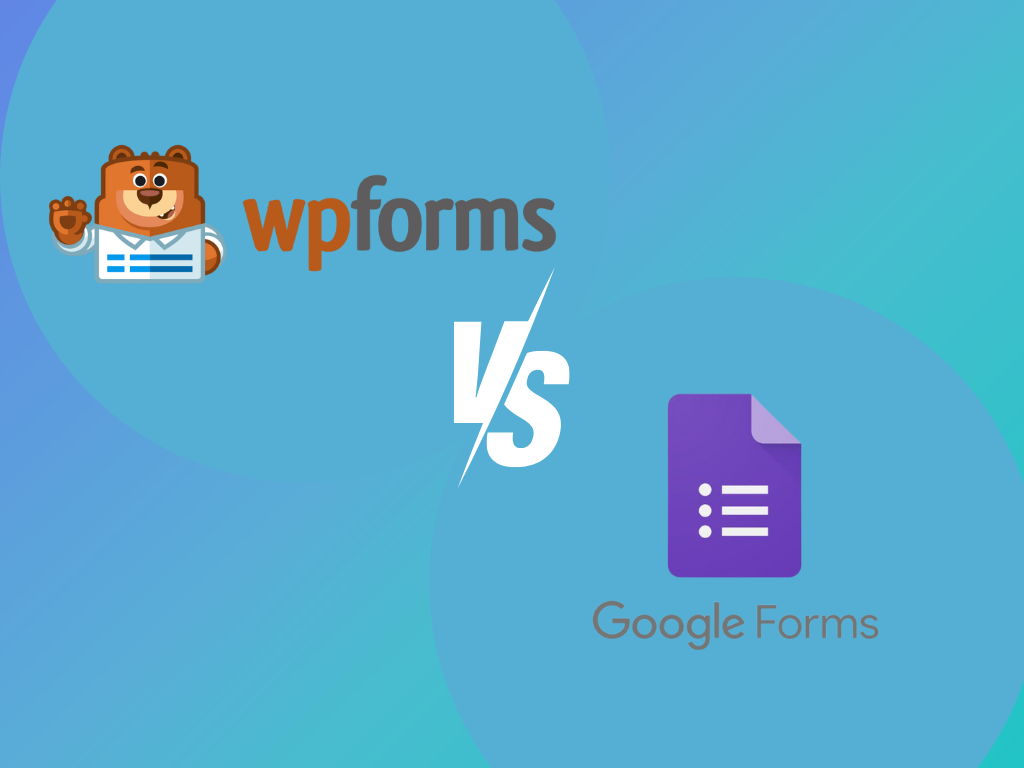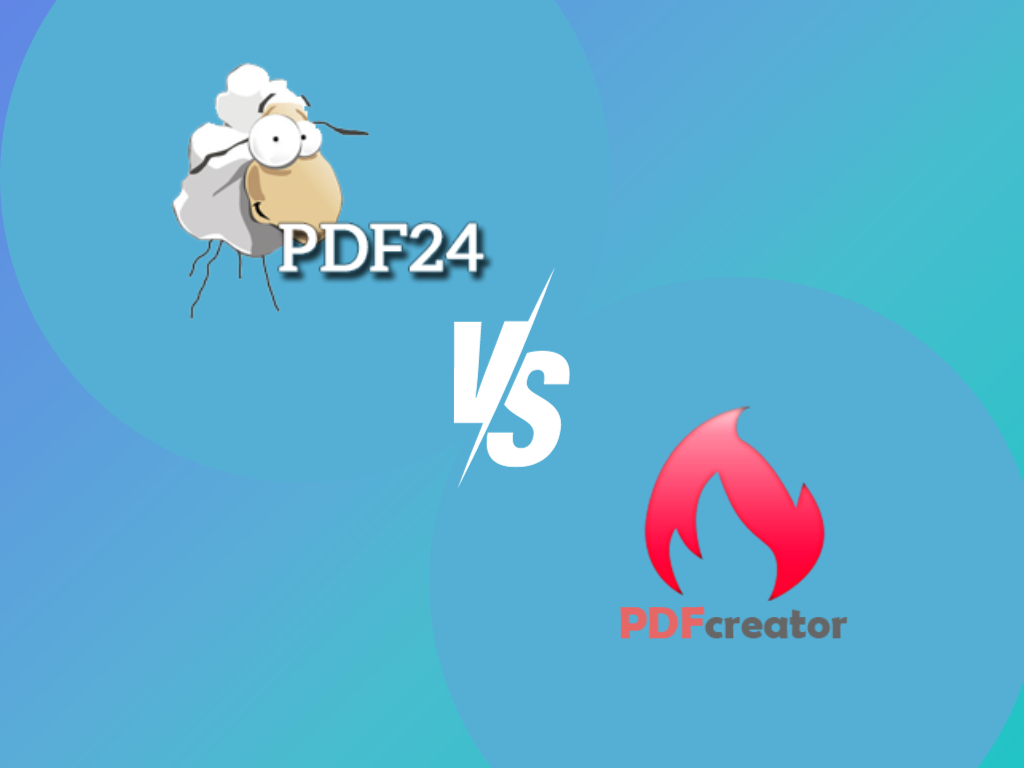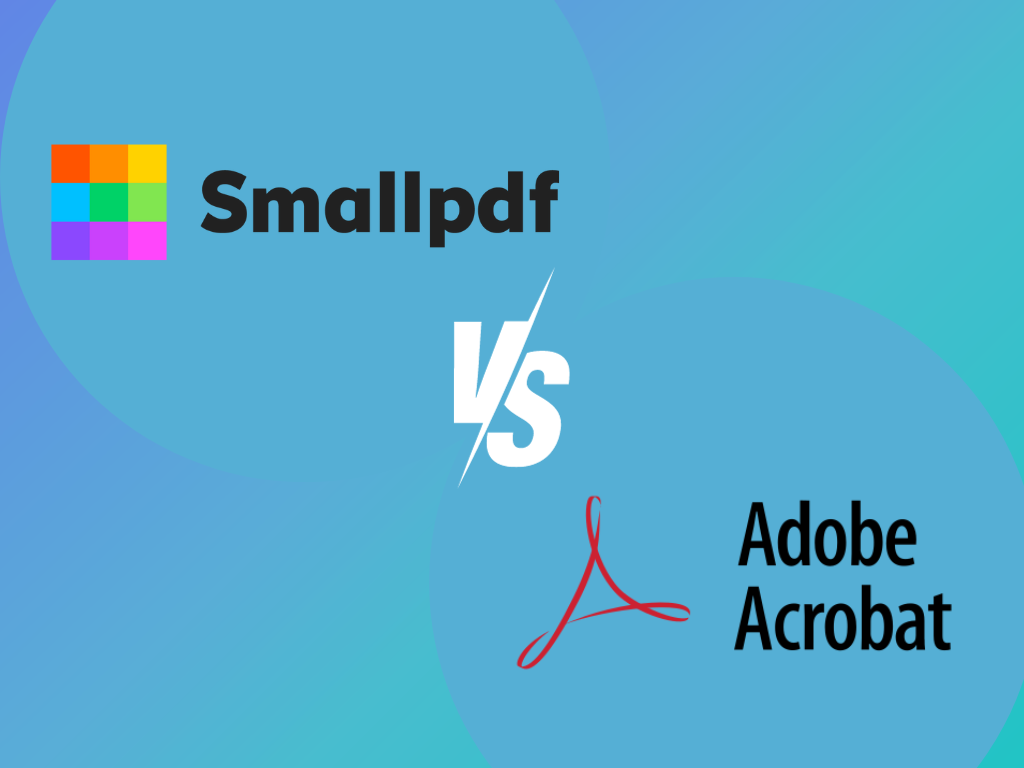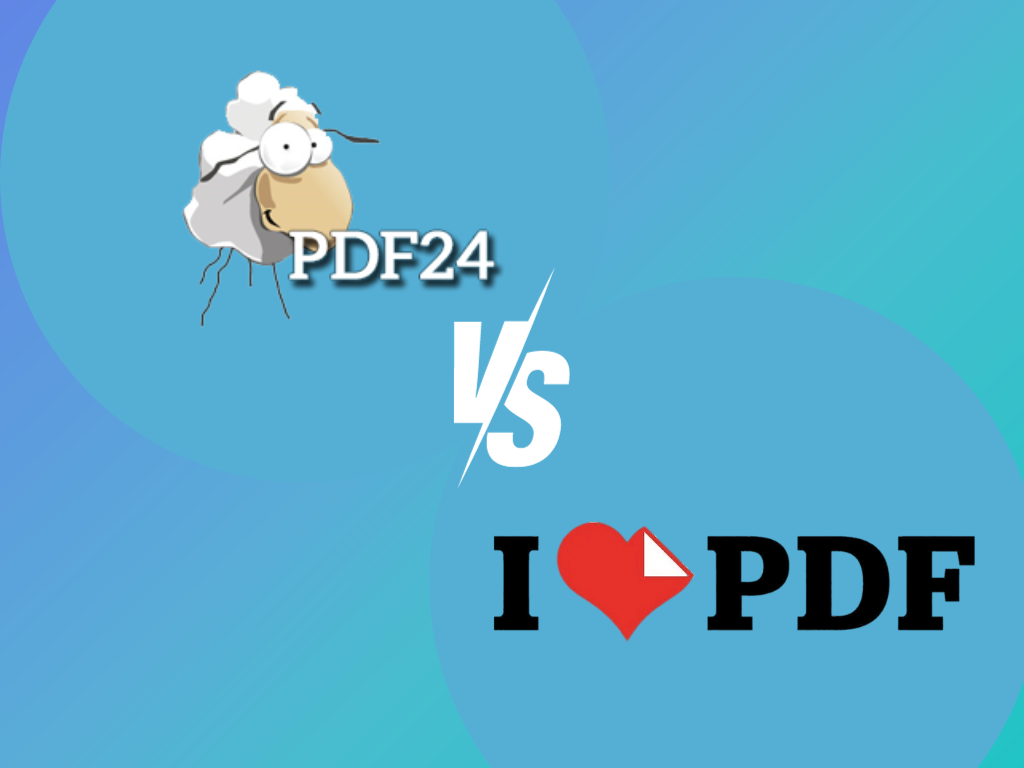The main difference between WPForms and Google Forms lies in their integration capabilities. WPForms offers seamless integration with WordPress sites, advanced form fields, and premium support. On the other hand, Google Forms is free and cloud-based. It easily integrates with other Google tools.
This article will explore more key differences between WPForms vs. Google Forms.
Comparing WPForms vs. Google Forms
| Platforms Supported | Cloud Storage | Integrations | Custom Branding | Pricing |
WPForms | Windows Mac SaaS/Web | No | Google Workspace, HubSpot, Slack, Zoho, DropBox, Box, Google Drive, and more. | Yes | Starts at $79 per year |
Google Forms | Windows Mac SaaS/Web | Yes | Google Workspace, HubSpot, Slack, Zoho, DropBox, Box, Google Drive, and more. | Yes | Free |
User-Friendly Interface
To kick off our detailed comparison between WPForms vs. Google Forms, let’s evaluate their user-friendly interfaces.
WPForms, a WordPress plugin, is known for its intuitive and user-friendly interface. It features a drag-and-drop builder, making it easy for anyone to create forms.
On the other hand, Google Forms is a free, cloud-based tool that’s also simple to use. Its clean, straightforward design allows users to easily create and distribute forms. It integrates seamlessly with other Google products, enhancing its user-friendliness.
Customization
WPForms provides extensive customization capabilities. Users can style their forms using the form styling feature or custom CSS. WPForms allows customization of individual form fields and form field options. There’s also a plugin called Styler for WPForms that facilitates the design process. Furthermore, you can style WPForms without knowing any code using CSS Hero.
Google Forms also provides customization options, although they may not be as extensive as WPForms. Google Forms allows users to customize themes, colors, and fonts. Users can also add images or logos to their forms.
Templates
WPForms offers 1000+ pre-made WordPress web form templates that users can customize in minutes. These templates cover various types of forms like contact forms, online surveys, donation forms, order forms, and more. They also offer a business form template and a content download form template. Users can even create their custom form templates.
Google Forms also provides a variety of pre-built templates for different purposes, such as feedback, event registration, quizzes, and more. The customizable templates allow users to add, delete, or rearrange questions. They can also change the color scheme or theme.
Responsive Design
WPForms is known for its responsive and mobile-friendly design. All forms created with WPForms are 100% responsive, meaning they automatically adjust to fit any screen size, including mobile devices. They also offer a feature where you can turn multi-column layouts into a single column for mobile visitors.
Google Forms also offers a responsive design. The forms adapt to screen sizes of various devices, including desktops, laptops, tablets, and smartphones. This ensures that users can comfortably fill out a Google Form regardless of their device.

Conditional Logic
WPForms features a conditional logic system. It allows users to show or hide fields, provide payment choices, and subscribe to newsletters based on user selections. Users can enable this feature from the Smart Logic tab. The functionality is also flexible enough to use AND/OR conditions.
Google Forms also supports conditional logic through its “Go to section based on answer” feature. This feature allows users to create different paths for respondents based on their answers. However, compared to WPForms, Google Forms’ conditional logic might be less extensive and versatile.
Survey Capability
WPForms has a Surveys and Polls add-on that allows users to create surveys and polls, use specialized survey fields, and generate reports. They offer visual reports that users can customize, retroactively enable survey reports on older forms, real-time poll reports, and an option to export results.
Google Forms is also well-equipped for creating surveys. It allows users to create different types of questions (such as multiple choice, dropdown, short answer, etc.) and collect real-time responses. Users can also view automatically generated summaries of the responses, including charts and graphs.
Real-Time Notifications
In conclusion to our comparison of WPForms vs. Google Forms, let’s explore their real-time notification capabilities.
WPForms has an instant notification feature lets users quickly respond to their customers. When a user submits a form, WPForms will notify them via email. They also offer a feature to send push notifications from WordPress. Additionally, users can set up their forms to send unique email notifications based on user’s input with their smart conditional logic.
Google Forms also provides a real-time notifications feature that allows users to stay updated whenever there are new responses to their forms. When this feature is enabled, Google Forms will automatically send an email notification to the user each time a new response is submitted. This can be particularly useful for those who wish to monitor form responses closely and respond promptly.
Fill: The Best Alternative To WPForms
While WPForms offers a comprehensive solution for creating customized forms, Fill steps up as an exceptional alternative. Although Fill is not primarily a form builder, it still stands out as a uniquely powerful tool that goes beyond the typical functionalities offered by most form builders.
One of the primary advantages of Fill is its dedicated mobile apps. Unlike WPForms, Fill allows users to manage and secure signatures more seamlessly on the go. This makes it an excellent choice for professionals who are often mobile or businesses that require flexibility in their operations.
But where Fill genuinely shines is its eSignature capabilities. It offers a secure and legally binding way to digitally sign documents, streamlining workflows and eliminating the need for physical paperwork. In addition, Fill’s document management features allow you to organize and store your documents efficiently.
Boost your workflow with Fill. Book a demo today.





